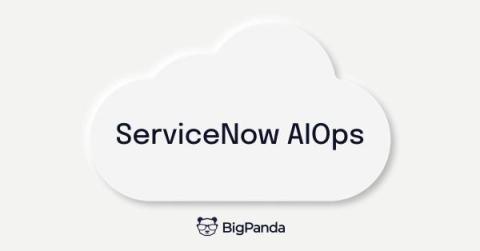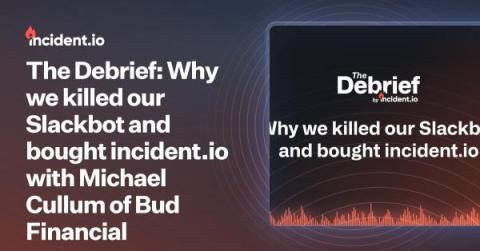What is ServiceNow AIOps?
Could ServiceNow’s AIOps be the solution to anticipate incidents better, minimize events, and slash your resolution time? When deployed correctly, this popular AIOps tool offers many benefits to IT operations teams. We’ll explain everything you need to know to understand ServiceNow AIOps, its main product features, benefits, and common use cases. Discover how AIOps outperforms traditional IT operations tools in today’s dynamic IT environment.











